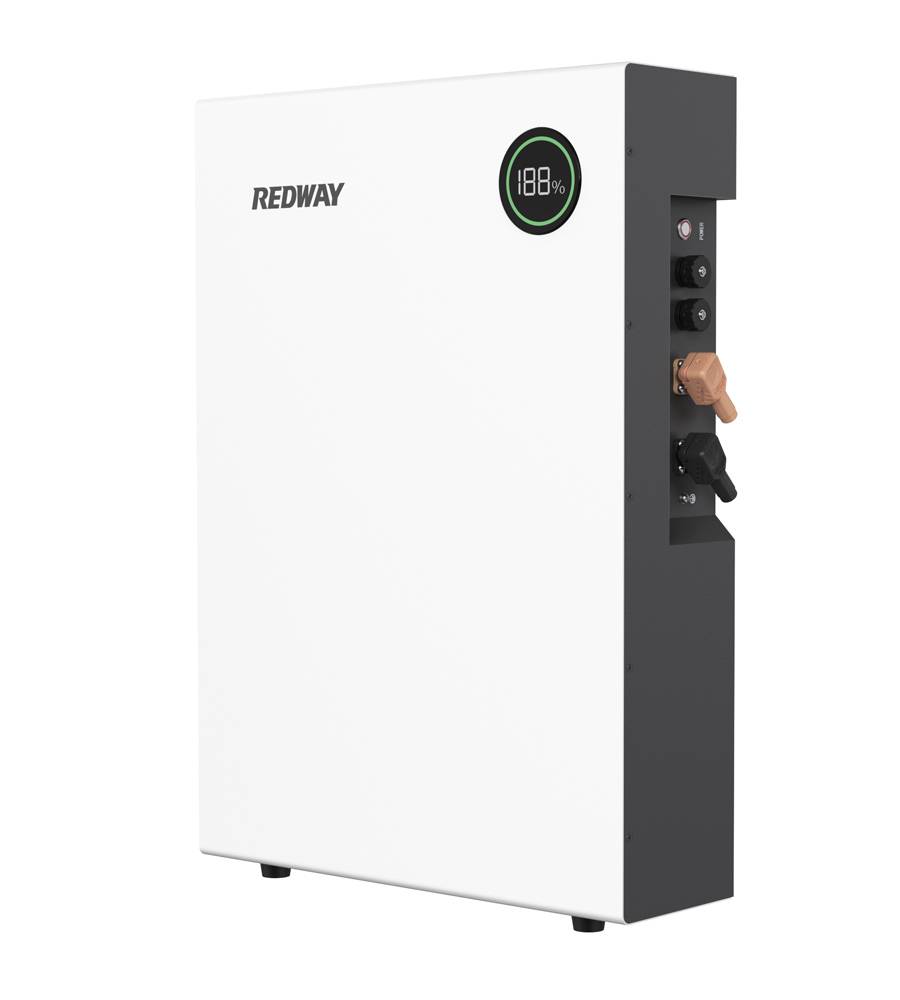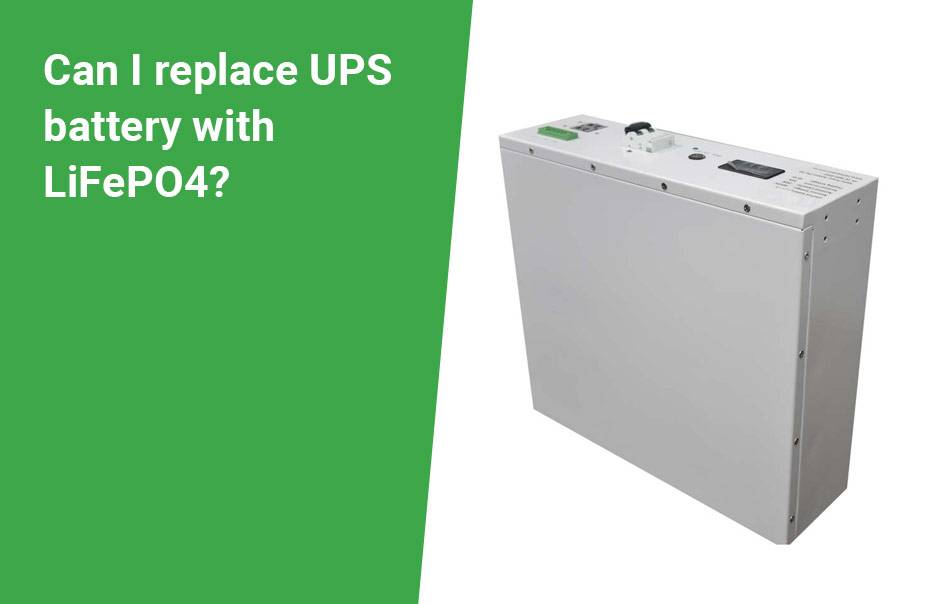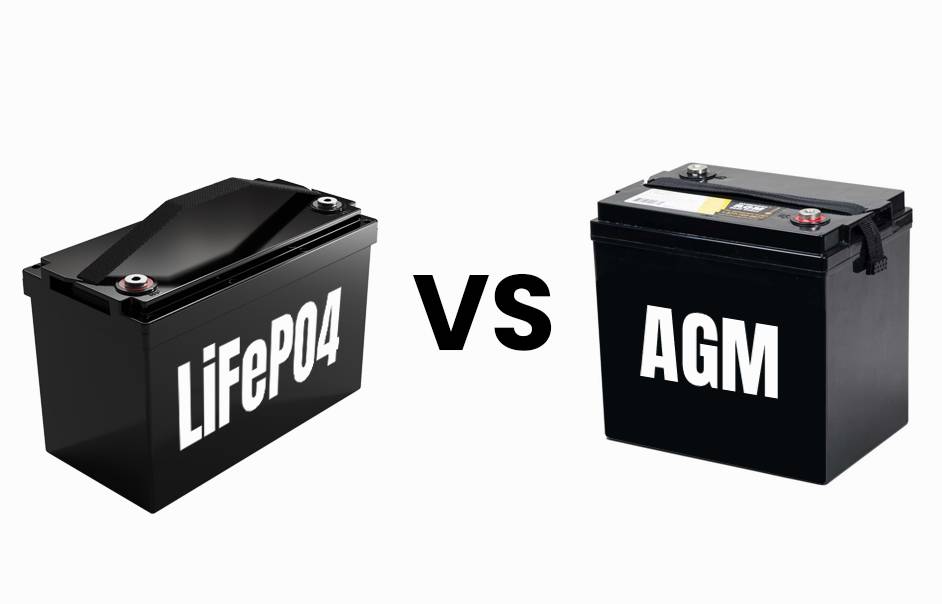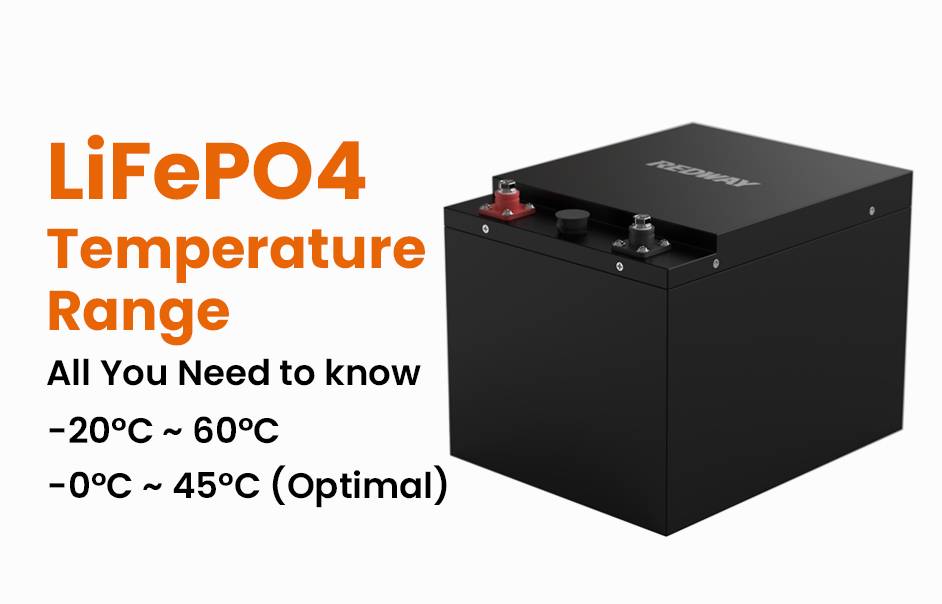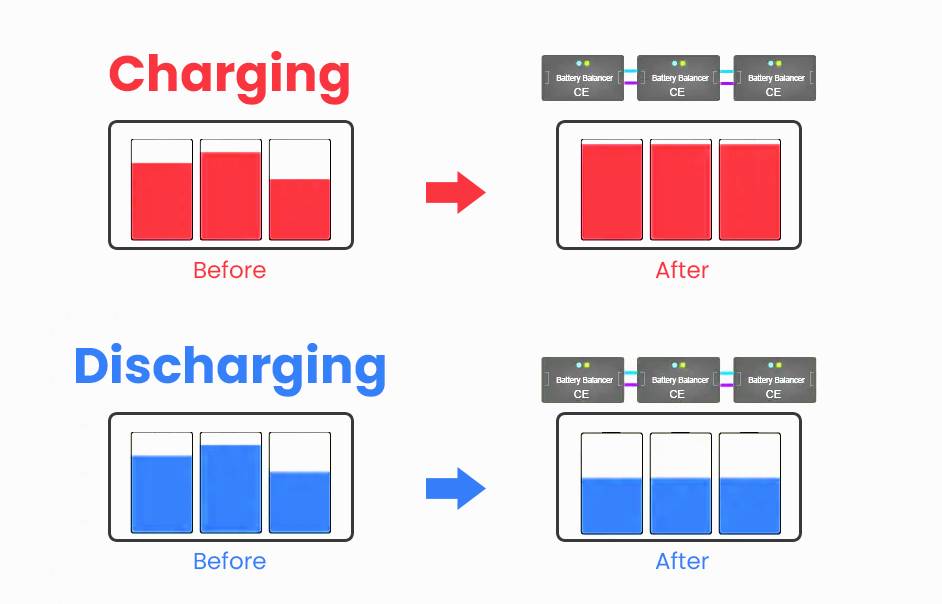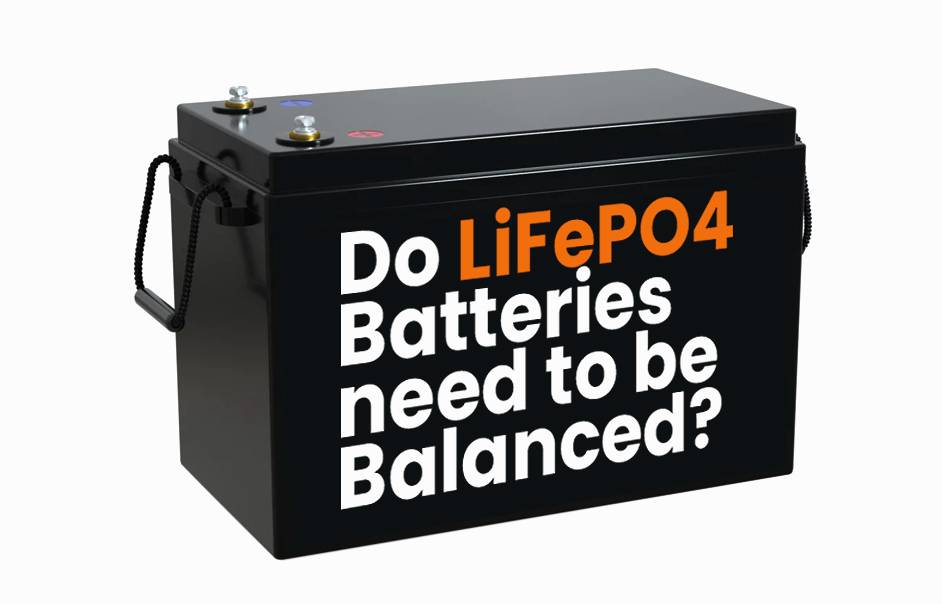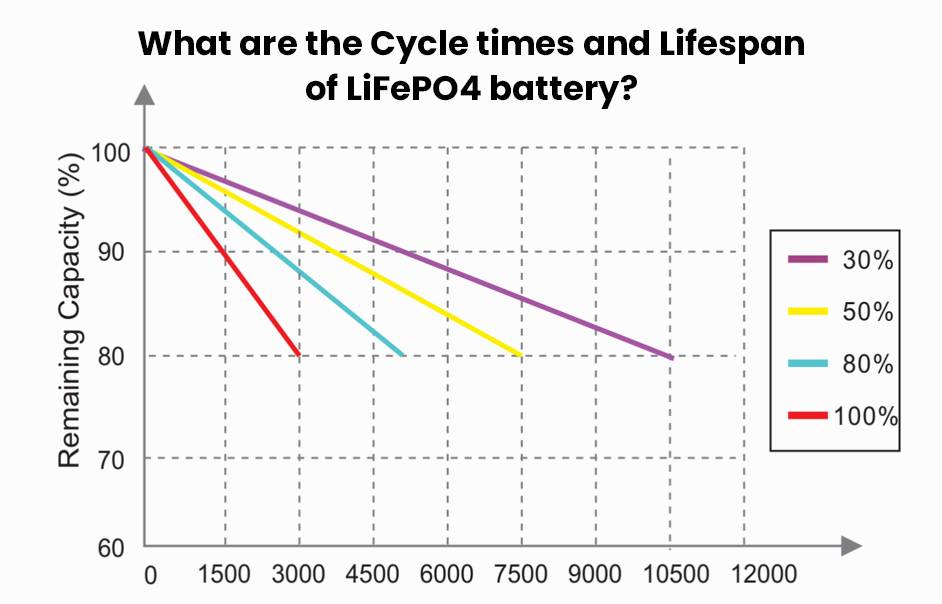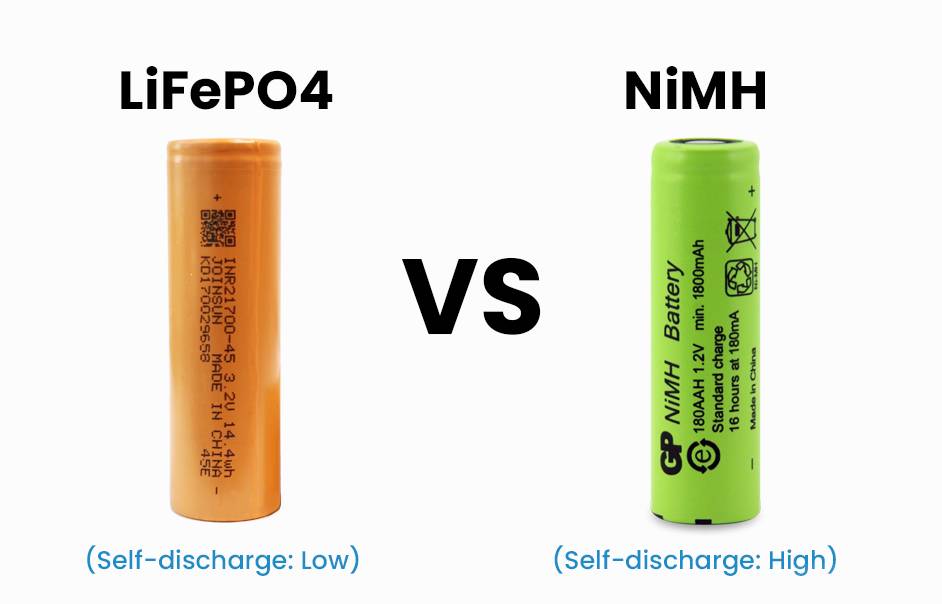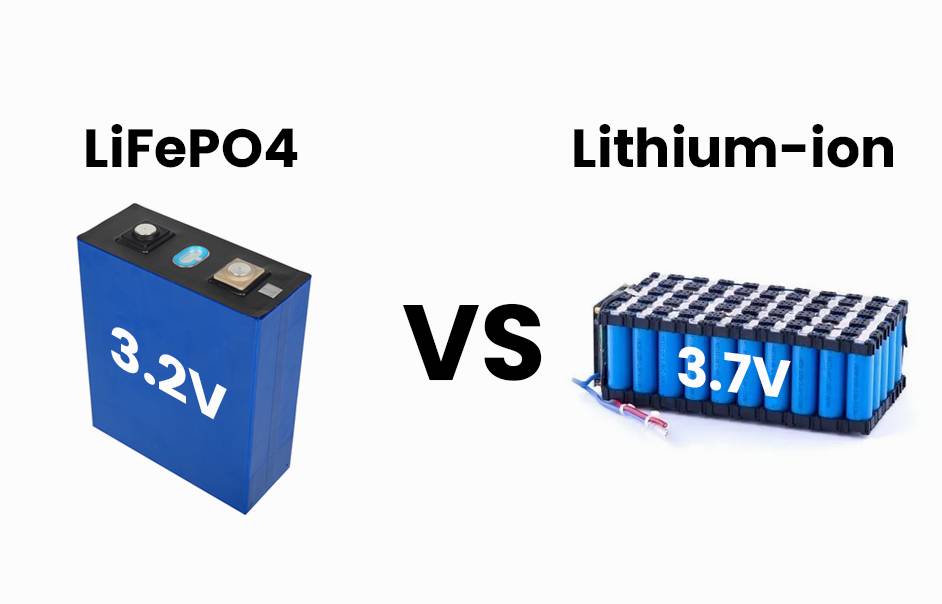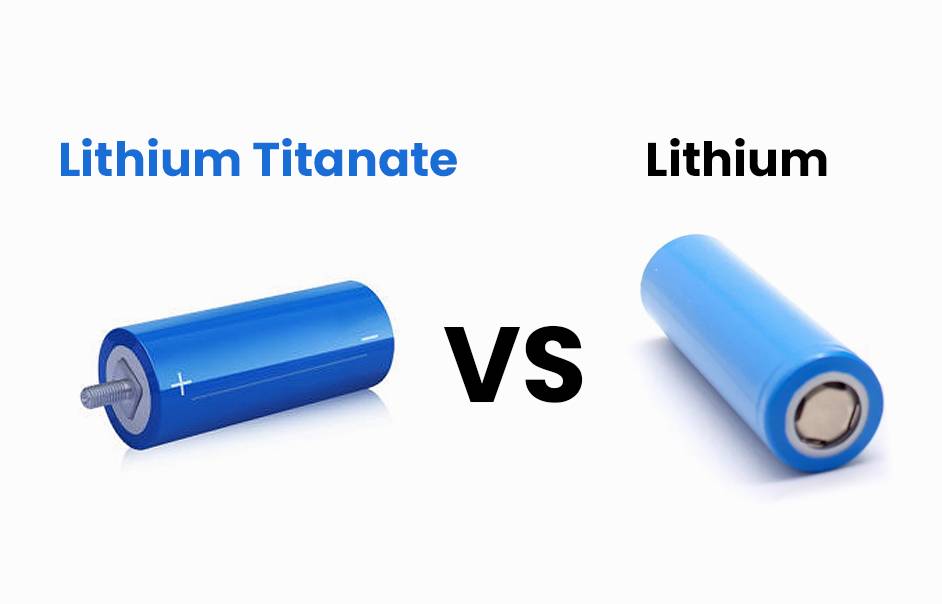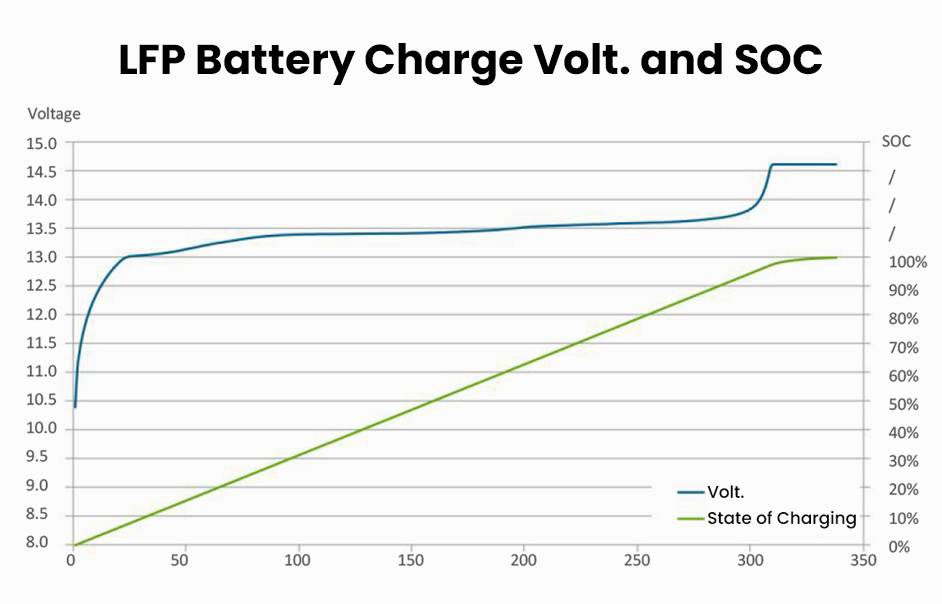- Rack-mounted Lithium Battery
- Golf Cart Lithium Battery
-
Golf Cart Lithium Battery
- 36V 50Ah (for Golf Carts)
- 36V 80Ah (for Golf Carts)
- 36V 100Ah (for Golf Carts)
- 48V 50Ah (for Golf Carts)
- 48V 100Ah (Discharge 100A for Golf Carts)
- 48V 100Ah (Discharge 150A for Golf Carts)
- 48V 100Ah (Discharge 200A for Golf Carts)
- 48V 120Ah (for Golf Carts)
- 48V 150Ah (for Golf Carts)
- 48V 160Ah (Discharge 100A for Golf Carts)
- 48V 160Ah (Discharge 160A for Golf Carts)
-
Golf Cart Lithium Battery
- Forklift Lithium Battery
- 12V Lithium Battery
- 24V Lithium Battery
- 36V Lithium Battery
- 48V Lithium Battery
-
48V LiFePO4 Battery
- 48V 50Ah
- 48V 50Ah (for Golf Carts)
- 48V 60Ah (8D)
- 48V 100Ah (8D)
- 48V 100Ah
- 48V 100Ah (Discharge 100A for Golf Carts)
- 48V 100Ah (Discharge 150A for Golf Carts)
- 48V 100Ah (Discharge 200A for Golf Carts)
- 48V 150Ah (for Golf Carts)
- 48V 160Ah (Discharge 100A for Golf Carts)
- 48V 160Ah (Discharge 160A for Golf Carts)
-
48V LiFePO4 Battery
- 60V Lithium Battery
-
60V LiFePO4 Battery
- 60V 20Ah
- 60V 30Ah
- 60V 50Ah
- 60V 50Ah (Small Size / Side Terminal)
- 60V 100Ah (for Electric Motocycle, Electric Scooter, LSV, AGV)
- 60V 100Ah (for Forklift, AGV, Electric Scooter, Sweeper)
- 60V 150Ah (E-Motocycle / E-Scooter / E-Tricycle / Tour LSV)
- 60V 200Ah (for Forklift, AGV, Electric Scooter, Sweeper)
-
60V LiFePO4 Battery
- 72V~96V Lithium Battery
- E-Bike Battery
- All-in-One Home-ESS
- Wall-mount Battery ESS
-
Home-ESS Lithium Battery PowerWall
- 24V 100Ah 2.4kWh PW24100-S PowerWall
- 48V 50Ah 2.4kWh PW4850-S PowerWall
- 48V 50Ah 2.56kWh PW5150-S PowerWall
- 48V 100Ah 5.12kWh PW51100-F PowerWall (IP65)
- 48V 100Ah 5.12kWh PW51100-S PowerWall
- 48V 100Ah 5.12kWh PW51100-H PowerWall
- 48V 200Ah 10kWh PW51200-H PowerWall
- 48V 300Ah 15kWh PW51300-H PowerWall
PowerWall 51.2V 100Ah LiFePO4 Lithium Battery
Highly popular in Asia and Eastern Europe.
CE Certification | Home-ESS -
Home-ESS Lithium Battery PowerWall
- Portable Power Stations
How to Choose the Longest Lasting Lithium Battery

When selecting a lithium battery, the longest lasting option is typically the Lithium Iron Phosphate (LFP) battery, which can last between 2,000 to 5,000 charge cycles. LFP batteries are favored for their durability, safety, and stable performance, making them ideal for applications requiring long-term reliability.
What Are the Different Types of Lithium Batteries?
Lithium batteries come in various types, each with unique characteristics that affect their longevity and performance. The most common types include:
- Lithium-ion (Li-ion)
- Lithium Iron Phosphate (LFP)
- Nickel-Metal Hydride (NiMH)
- Lithium Nickel Manganese Cobalt (NMC)
Each type has its advantages and disadvantages regarding lifespan, energy density, and safety.
How Do Lifespan Cycles Compare Among Lithium Battery Types?
The lifespan of lithium batteries is often measured in charge cycles, which refers to the number of times a battery can be charged and discharged before its capacity significantly diminishes. Here’s a comparison of the typical cycle life for various lithium battery types:Chart: Comparison of Lithium Battery Lifespan Cycles
| Battery Type | Typical Lifespan (Cycles) | Key Features |
|---|---|---|
| Lithium Iron Phosphate (LFP) | 2000 to 5000 | High safety, stable performance |
| Nickel-Metal Hydride (NiMH) | 500 to 800 | Moderate lifespan, higher self-discharge rate |
| Lithium-ion (Li-ion) | 300 to 500 | High energy density, lightweight |
| Lithium Nickel Manganese Cobalt (NMC) | 1000 to 2000 | Good balance of power and energy density |
Why Are Lithium Iron Phosphate Batteries Considered the Best?
LFP batteries are recognized for their exceptional lifespan and safety features. They can withstand high temperatures and are less prone to thermal runaway compared to other lithium-ion batteries. This makes them suitable for demanding applications such as electric vehicles and renewable energy storage systems.
What Are the Advantages of Using LFP Batteries?
The advantages of LFP batteries include:
- Long Lifespan: With a cycle life of up to 5,000 cycles, they outlast many other battery types.
- Safety: They have a lower risk of overheating and are more stable under various conditions.
- Performance: They maintain performance even at high discharge rates.
How Do Other Lithium Battery Types Compare in Lifespan?
While LFP batteries excel in longevity, other types like NMC and Li-ion also have their merits. NMC batteries offer a good balance between energy density and lifespan but generally last fewer cycles than LFPs. Li-ion batteries are lightweight and widely used but have a shorter lifespan due to degradation over time.
What Factors Affect the Lifespan of Lithium Batteries?
Several factors can influence the lifespan of lithium batteries:
- Charge Cycles: Frequent charging and discharging can wear down battery life.
- Temperature: Extreme temperatures can negatively impact battery performance.
- Depth of Discharge: Regularly discharging a battery deeply can reduce its overall lifespan.
Industrial News
Recent studies have highlighted the superiority of LFP batteries over NMC counterparts in terms of lifespan and safety. Independent tests show that LFP batteries not only last longer but also exhibit better performance under stress conditions. This has led to increased adoption in industries focusing on sustainability and efficiency, particularly in electric vehicles and renewable energy sectors.
Redway Power Expert Views
“Understanding the differences between lithium battery types is crucial for making informed decisions,” states Dr. Sarah Thompson, an energy storage expert. “LFP batteries stand out due to their longevity and safety profile, making them ideal for applications where reliability is non-negotiable.”
FAQ Section
Which lithium battery lasts the longest?
Lithium Iron Phosphate (LFP) batteries last the longest, with lifespans ranging from 2,000 to 5,000 cycles.What is the average lifespan of lithium-ion batteries?
Lithium-ion batteries typically last between 300 to 500 cycles before significant capacity loss occurs.Are LFP batteries safe?
Yes, LFP batteries are known for their high safety standards and low risk of thermal runaway compared to other lithium battery types.By exploring these aspects thoroughly, individuals can make informed choices when selecting lithium batteries suited for their specific needs while considering longevity as a critical factor in their decision-making process.













